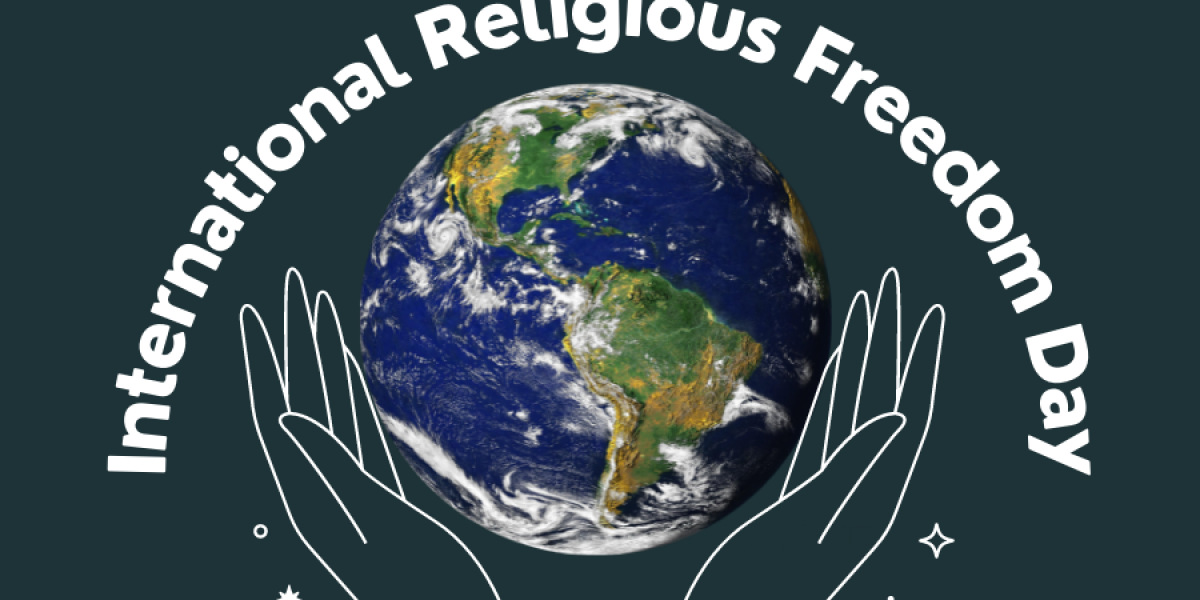The Pillar of Global Harmony
International Religious Freedom Day is an annual observance that holds a significant place in our world marked by diverse beliefs and cultures. This day, celebrated on October 27th, serves as a reminder of the importance of religious freedom in fostering tolerance, diversity, and peace across the globe. In this blog, we will explore the meaning of International Religious Freedom Day and why it’s a crucial cornerstone of a harmonious world.
The History of International Religious Freedom Day
The roots of International Religious Freedom Day trace back to the United States. In 1998, the U.S. Congress passed the International Religious Freedom Act, which aimed to promote religious freedom as a vital component of U.S. foreign policy. The act also created the United States Commission on International Religious Freedom (USCIRF), an independent government body dedicated to monitoring religious freedom violations around the world.
On October 27, 1998, then-President Bill Clinton signed this landmark legislation into law. To commemorate this event and emphasize the significance of religious freedom on a global scale, the U.S. has been observing International Religious Freedom Day every year since.
Promoting Tolerance and Coexistence
Religious freedom is not merely the ability to practice one’s faith freely but also the acceptance and respect for diverse beliefs. This day encourages societies to embrace differences and create a space where people of all faiths can coexist harmoniously. By respecting religious diversity, we can foster tolerance, reduce conflicts, and promote understanding among different communities.
Protection of Human Rights
International Religious Freedom Day underscores the fundamental human right to practice one’s religion without fear of persecution, discrimination, or violence. Every individual should have the freedom to choose, change, or reject their faith without repercussions. This freedom goes beyond religion; it’s about safeguarding the broader concept of individual autonomy and human rights.
Global Diplomacy
Religious freedom plays a crucial role in international diplomacy. It is an issue that transcends borders and cultures, and its protection is often an integral part of diplomatic negotiations and international relations. Through this, nations can work together to promote religious freedom and hold those who violate it accountable for their actions.
Combating Religious Persecution
One of the primary purposes of International Religious Freedom Day is to draw attention to religious persecution around the world. It provides a platform for discussing instances where religious minorities face discrimination, violence, or other forms of persecution due to their faith. By raising awareness, we can collectively work towards ending such atrocities.
Education and Advocacy
This day serves as a catalyst for advocacy and education on religious freedom. Schools, universities, and community organizations often host events and discussions to educate people about the importance of religious freedom. It’s an opportunity for everyone to learn about the challenges faced by religious minorities and to become advocates for positive change.
Conclusion
International Religious Freedom Day is not just a day for those who practice a specific faith. It’s a day for humanity as a whole to celebrate the core values of tolerance, diversity, and respect for individual rights. By recognizing the importance of religious freedom, we are taking a step toward a more harmonious world where people of all faiths can coexist peacefully and contribute to the rich tapestry of global culture. Let this day be a reminder of our shared responsibility to protect this fundamental human right and work together to create a better future for all.






